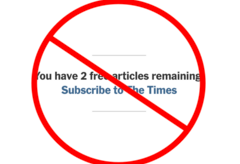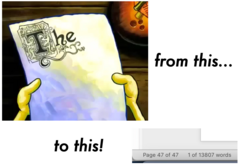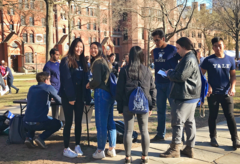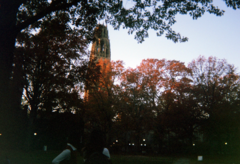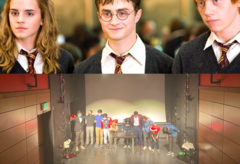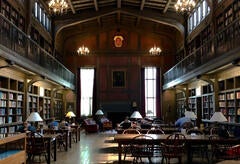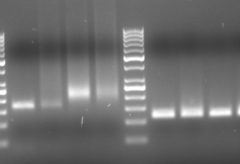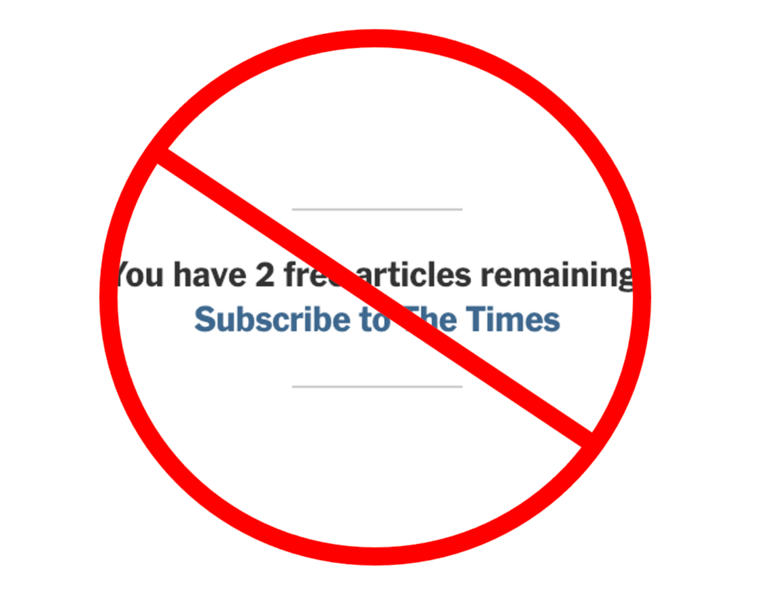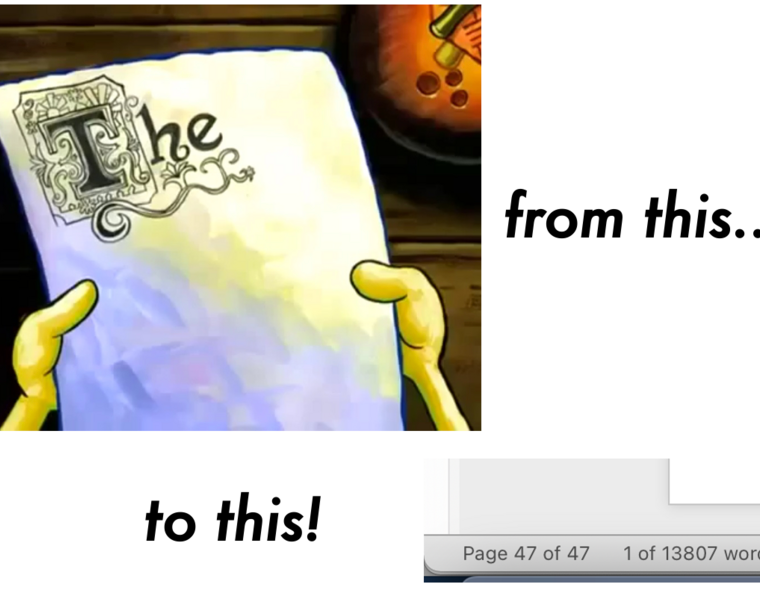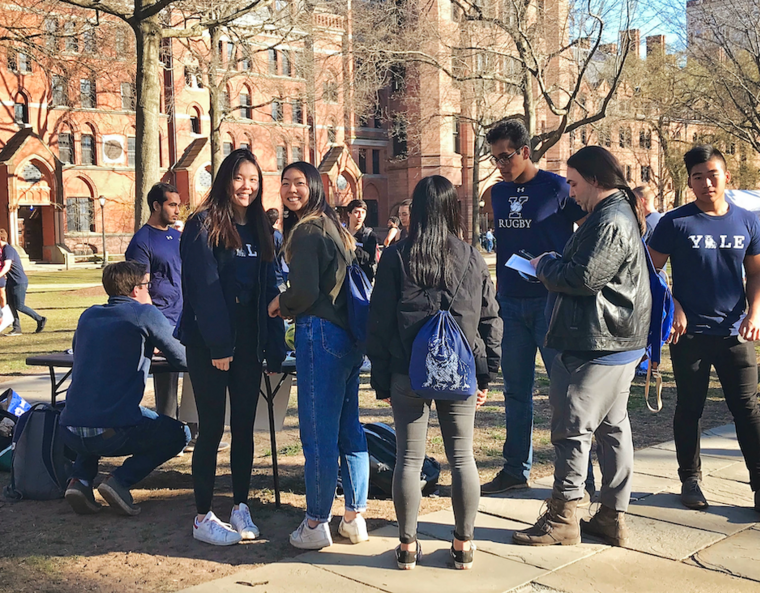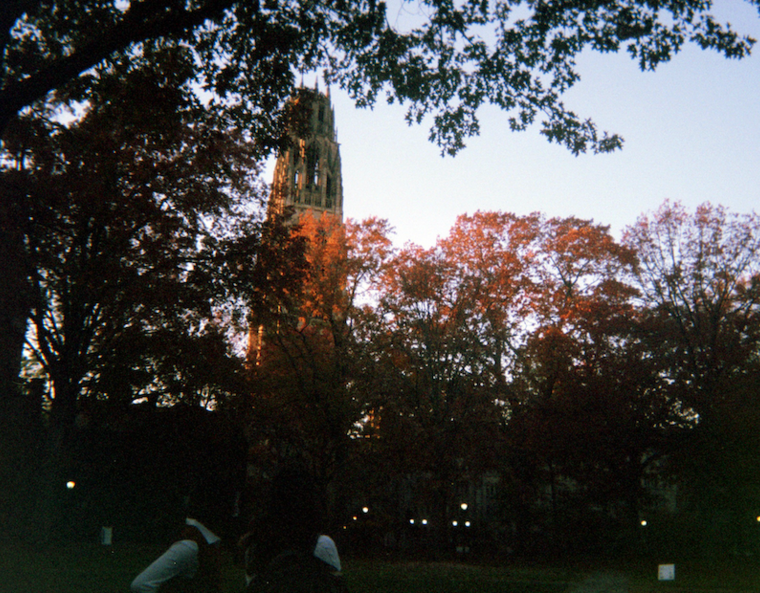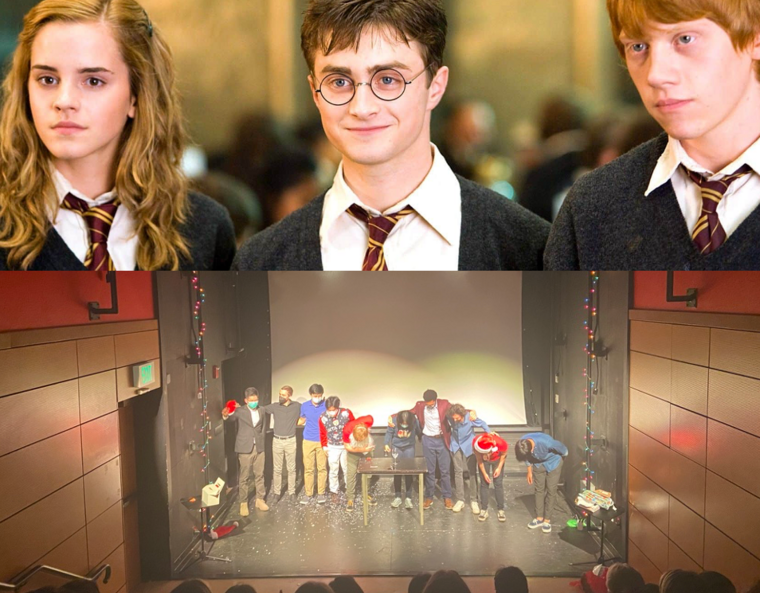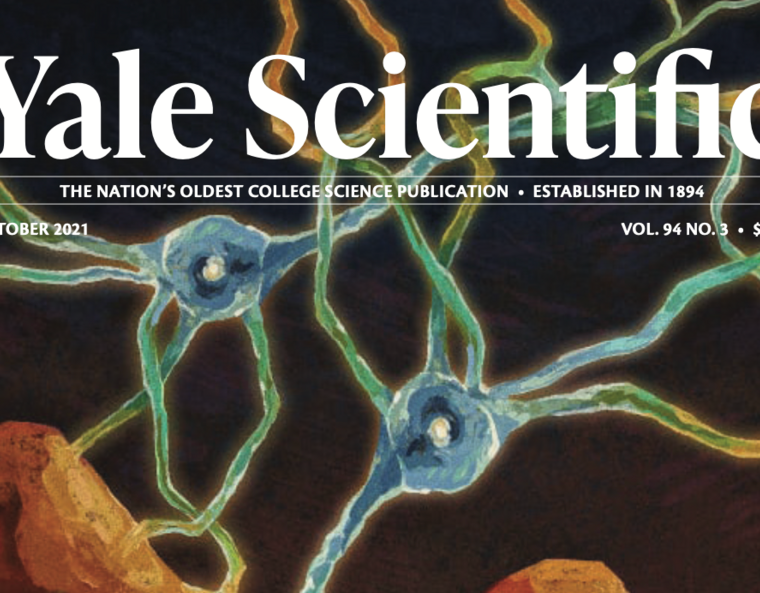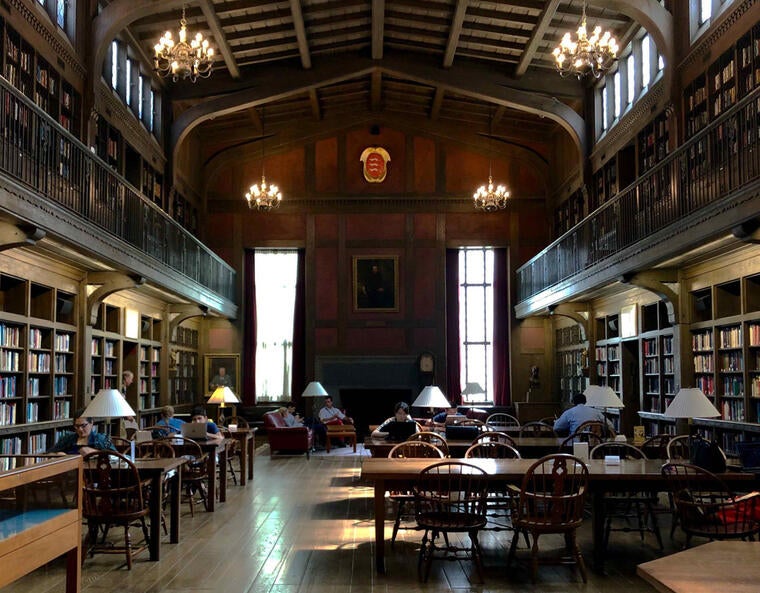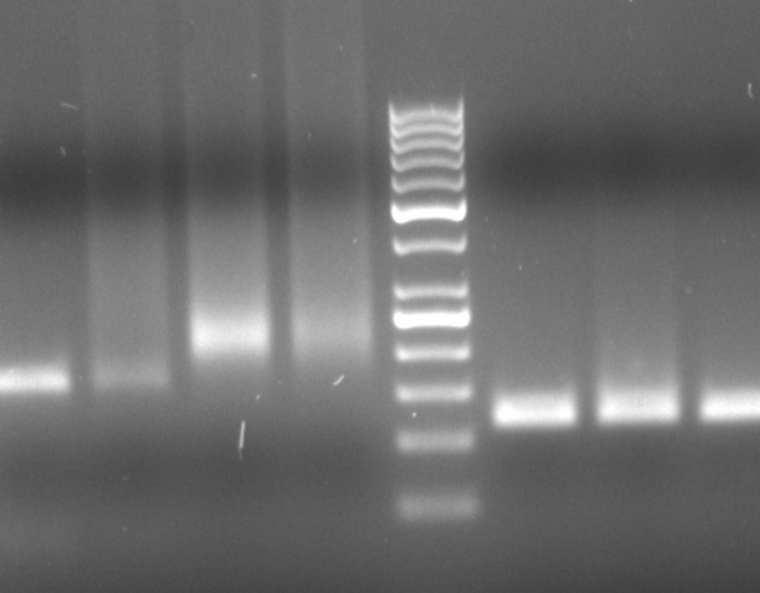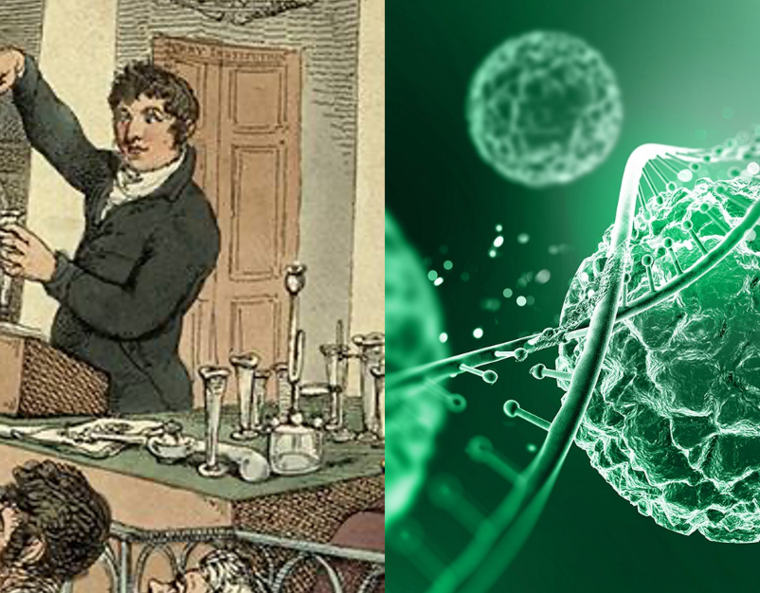
This semester, I’m only taking 2 classes.
Okay, that’s not entirely true. On my official course schedule, I have four classes listed. There’s AMST 196 (Race, Class, and Gender in American Cities) and MCDB 350 (Epigenetics). And then, there’s MCDB 485 and HSHM 490—Senior Research and Yearlong Senior Project, respectively.
This is all because I’m a Molecular, Cellular, and Developmental Biology (MCDB)/History of Science and Medicine (HSHM) double major (yes, I know both of those majors have incredibly long names). Both of these majors have year-long senior projects (though not all majors have this requirement). That means that for the next year, instead of going to lecture and studying for quizzes, half of my course load involves me conducting independent research on two topics, with one-on-one help from a faculty advisor. For one, I will spend my days in a laboratory investigating RNA modifications. For the other, I will spend my days looking at archival material on the history of HIV clinical research.
But though I’ve only officially started my senior projects this semester, the buildup to them has taken far longer. It starts with a core development in my time at Yale: my decision to double major.
Let’s go back in time. I came into Yale knowing that I had a general interest in biology. I spent a lot of my first year taking fundamental courses in the life sciences: First-Year Organic Chemistry, the Introductory Biology sequence, a first-year seminar about cancer biology. I enjoyed these courses enough to feel comfortable pursuing a biology major, and in particular, one that explored biology on the molecular and cellular level—hence, my decision to pursue Molecular, Cellular, and Developmental Biology.
Another key development in my first year: in the spring, I joined a medical school research lab investigating RNAs in the immune system. My experiences working in the lab—which I’ve done throughout the school year and for each of my three summers in college, even during the pandemic—gave me real-world experience with science. I found that I loved the process of research: asking questions, troubleshooting unexpected problems, contributing new, previously unknown knowledge to the field that might ultimately lead to new techniques or therapies. All of this added to my confidence in my major.
Then, something unexpected happened. In the fall of my sophomore year, I took a class called HSHM 241: Sickness and Health in African American History. In the course, Professor Carolyn Roberts discussed the historical and ongoing racism within our medical system, but also centered stories of Black activism and self-preservation to encourage students to act as catalysts for change. Sickness and Health exposed me to the field of the history of medicine, which deepened and transformed my understandings of what it means to pursue a medical career.
In the coming semesters, as I took HSHM courses alongside my MCDB courses, I discovered how the two fields complemented each other. In spring of sophomore year, I took an HSHM class on the History of Reproductive Health while taking MCDB elective on the Biology of Reproduction. Later, when I took an MCDB genetics course, I could critically analyze research with my historical understandings of eugenics and scientific racism. MCDB provides answers about the molecular and cellular processes that drive us—and in turn, gives us hope for improved treatments and medical outcomes. But HSHM questions the sociocultural forces that determine those outcomes, and turns a critical eye on how science might itself be guilty of perpetuating existing disparities.
I found these connections to be so intriguing and vital that I decided to pursue a double major. The process was fairly straightforward: a meeting with my Residential College dean, a discussion with the Director of Undergraduate Studies for HSHM, and careful planning in consultation with my advisors for both of my majors.
A few semesters later, and here I am, trying (and hopefully succeeding) to synthesize my knowledge from both majors into two cohesive theses.
Wish me luck…
